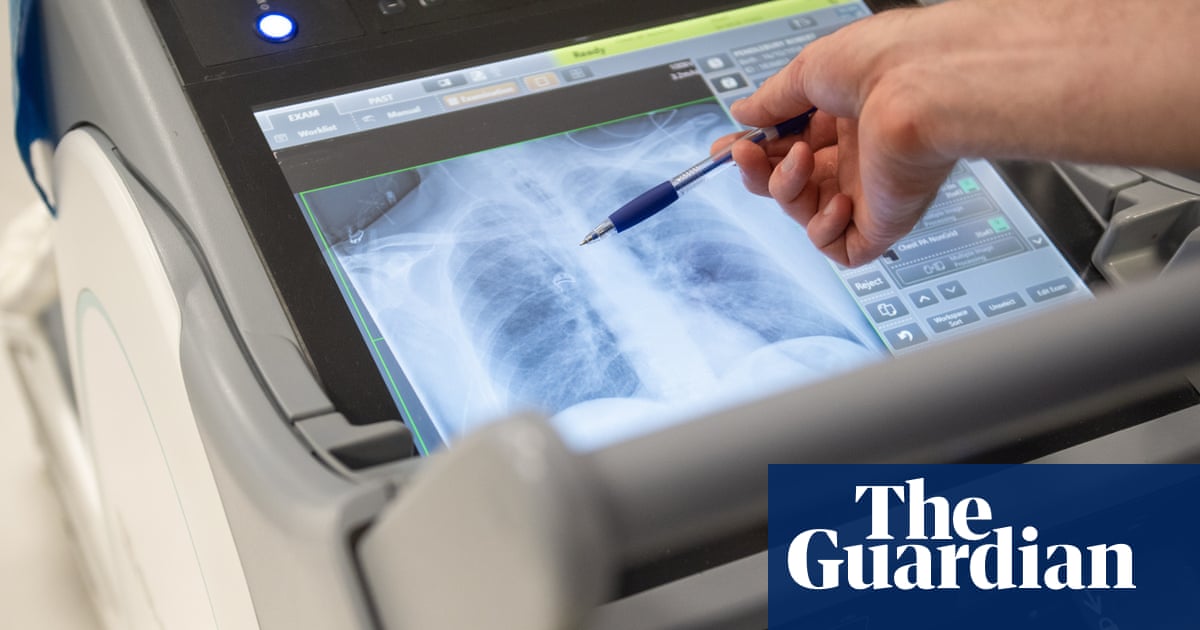Some patients who fall seriously ill or die from common respiratory viruses have abnormally high levels of a crucial enzyme, new Australian-led research has found.
The discovery may help provide part of the answer as to why otherwise healthy people sometimes die from infectious diseases, while others fight off viruses unscathed.
Led by Prof Katherine Kedzierska, a viral immunologist with the University of Melbourne’s Doherty Institute, researchers analysed the blood of patients hospitalised with one of three viruses: severe seasonal influenza, Covid or RSV.
They also analysed samples from children experiencing an inflammatory condition associated with Covid.
The scientists found an enzyme known as oleoyl-ACP-hydrolase was highly elevated in some of the most unwell patients, including some who died.
“Everyone’s got low levels of Olah, and it is a really important enzyme because it is involved in producing fatty acids, which are components of lipids,” Kedzierska said.
Lipids are fats critical to forming cell membranes and to store energy in the body.
“But in some patients who develop life-threatening disease, Olah is produced at substantially higher levels, whereas we find very low levels in healthy individuals and patients with mild disease,” she said.
Dr Brendon Chua, a viral and translational immunologist, further investigated the findings by examining the impact of Olah in mice. His team found mice genetically engineered to lack the Olah enzyme experienced less severe viral infections, less lung inflammation, and had higher survival rates.
The researchers proposed that Olah may be associated with the lipids stimulating macrophages, which are a type of white blood cell that engulf and kill pathogens.
While encouraging these lipids may seem beneficial when fighting off a virus, excessively high levels of Olah may lead to an overactive immune response and harmful levels of inflammation.
The findings were published in the prestigious scientific journal Cell on Tuesday.
Kedzierska said she now hoped to conduct larger studies to examine whether Olah was a useful marker to predict which patients would experience serious symptoms and would therefore need closer monitoring and care.
The findings were “interesting and exciting science”, said Prof Peter Openshaw, a respiratory physician and immunologist at Imperial College London.
after newsletter promotion
“The investigators and the journal are excellent, giving added confidence to the findings.”
He said further research was needed to determine whether Olah levels were the cause of the effect of severe disease, and if Olah levels were also affected by other inflammatory conditions.
Allen Cheng, a professor of infectious diseases epidemiology at Monash University, described the researchers’ finding as one that potentially advanced understandings of why some people get severe infection and others don’t.
But Cheng said “there are still a lot of questions”, such as whether lipids and macrophages were the only important pathway in determining which patients get severe disease, and whether there were opportunities to intervene to improve outcomes for those patients.
Kedzierska said she hoped ongoing research into Olah would answer some of these questions.
“We really hope to understand high risk groups more, for example pregnant women, and people with comorbidities like obesity,” she said.
The team is now working on developing and testing Olah-based diagnostic methods to screen hospitalised patients upon admission.







